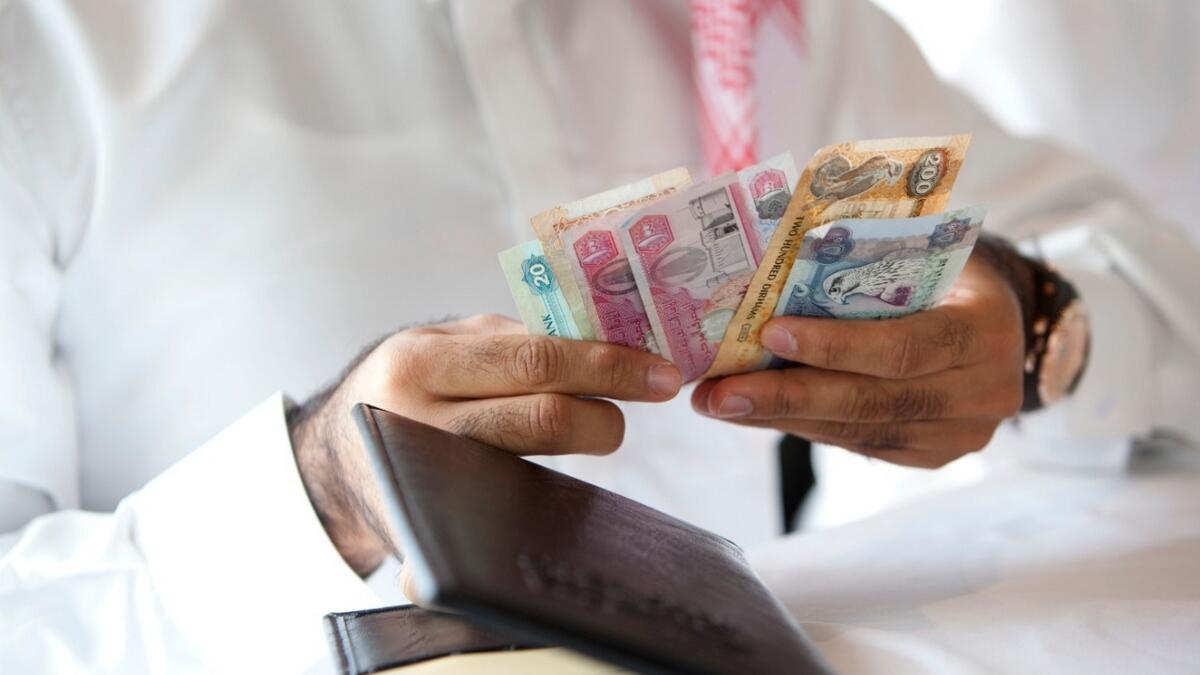In Dubai, property owners earn on average over Dh13,000 or 41 per cent more than tenants, as per a new study by Betterhomes. The study, titled ‘The Future Living: The Dubai 2024 Edition’, revealed that tenants in Dubai earn an average monthly income of Dh32,303, while property owners earn Dh45,616. This significant difference in income can be attributed to the consistent rise in rentals over the past three years, which has boosted property owners’ income.
As of June 2024, rents for average apartments and villas in Dubai stood at Dh127,969 and Dh354,512 per annum, respectively. The highest annual rents for apartments and villas were found in Palm Jumeirah and Al Barari, with rents reaching Dh279,826 and Dh1,344,844, respectively. The real estate consultancy CBRE’s second-quarter report highlighted that average residential rents grew by 21.1 per cent throughout the year until June 2024, with apartment rents increasing by 22.2 per cent and villa rents by 12.7 per cent.
The survey conducted by Betterhomes also revealed that 63 per cent of respondents earn Dh50,000 or below per month. The study, based on a comprehensive survey of over 1,600 residents, identified millennials aged 28 to 43 as the dominant demographic, comprising 56 per cent of respondents. Millennials are leading the charge in property ownership and rental markets in Dubai, keen to capitalize on the city’s rising property prices and robust rental yields.
The survey further indicated a growing interest in home ownership among Dubai residents, with 77 per cent currently renting their residences. Furthermore, 79 per cent of tenants prefer long-term lease agreements, showcasing the transient nature of Dubai’s population where flexibility and lower financial commitments drive the rental preference. Despite the high percentage of renters, there is clear demand for buying options in the city.
Moreover, the survey found that majority of Dubai residents have lived in the city for more than 5 years, with 89 per cent planning to stay in Dubai for at least another five years. This reflects a notable shift in the longevity of residents’ stay in the emirate. The increase in Dubai’s population can be attributed to the introduction of long-term residency programs like the Golden Visa and Retirement Visa, encouraging people to stay in Dubai for a longer period post-pandemic.
Richard Waind, CEO at Betterhomes, shared his personal experience, emphasizing the changing perception of Dubai as a short-term destination to a long-term home for many residents. He mentioned the confidence he has for the future sustainability of the real estate market in Dubai, as more people are putting down roots, growing families, and investing in the city. The shift in residents’ mindset towards Dubai as a permanent home is reshaping the real estate landscape and contributing to the city’s growth and development.










